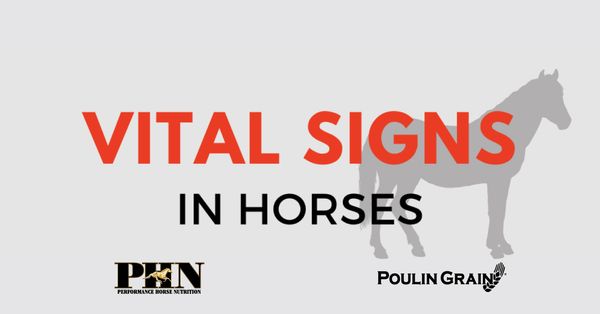
Equine
Vital Signs in Horses
Do you know the vital signs in horses? Have the normal ranges in mind, to be able to identify early indicators of problems.

Equine
Do you know the vital signs in horses? Have the normal ranges in mind, to be able to identify early indicators of problems.
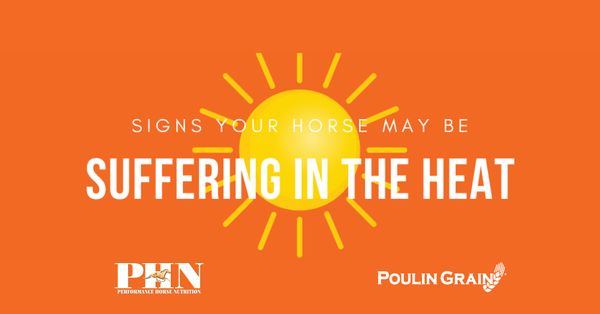
Equine
Know the signs of heat suffering in your horse!
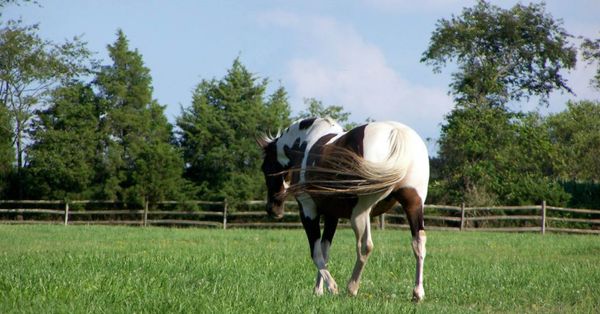
Equine
Research has shown that pasture-induced laminitis occurs at times of rapid grass growth. The accumulation of certain carbohydrates including fructans, starches, and sugars (Non-Structural Carbohydrates, NSC) in pasture forage during the spring, early summer and fall, particularly after rainfall precipitate this laminitis. Therefore we must carefully manage pasture turnout and
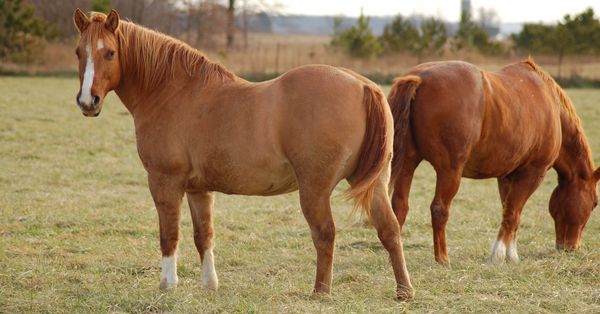
Equine
Insulin resistance is a condition in which the body’s cells become less sensitive to the insulin that is being produced. Insulin is a hormone that is secreted or produced and released from the pancreas. Insulin is released in response to an increase in glucose levels in the blood following
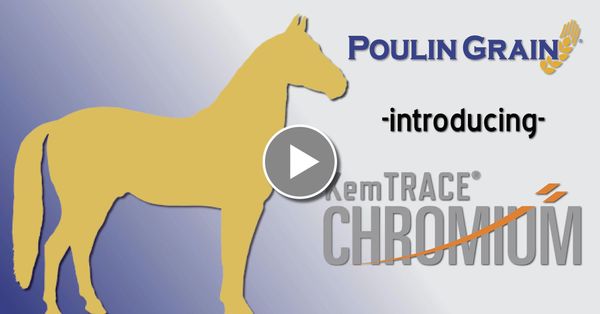
Equine
Dive into the benefits of KemTRACE® Chromium, breakthrough technology for improved carbohydrate metabolism in performance horses, and those suffering from Metabolic Syndrome and Insulin Resistance. Now in all E-TEC® and EQUI-PRO® horse feeds.
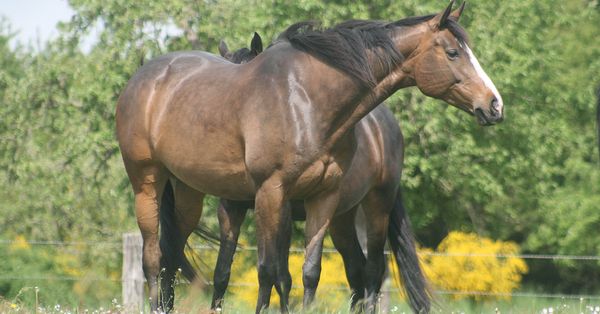
Equine
KemTRACE® Chromium is a breakthrough technology for Equine Metabolic Syndrome and performance horses, now included in all E-TEC® and EQUI-PRO® Poulin Grain Equine feeds.
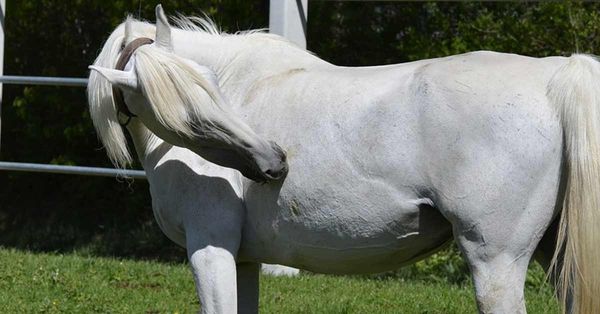
Equine
The incidence of colic in the general horse population has been estimated between 10 and 11% per year. In a recent study, colic was second only to old-age as the leading cause of death in horses.
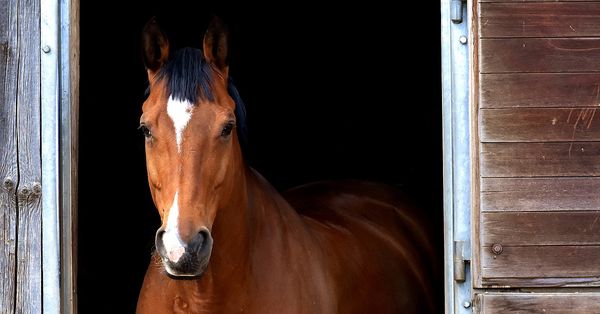
Equine
Polysaccharide storage myopathy is a muscle disease that occurs primarily in horses with Quarter Horse bloodlines such as Quarter Horses, Paint Horses and Appaloosas. Polysaccharide storage myopathy also occurs in other breeds including Drafts, Draft crossbreeds, and Warmbloods.
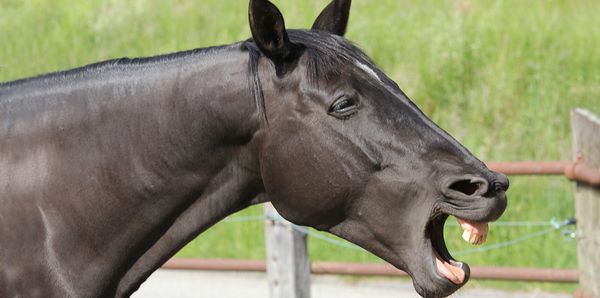
Equine
Have you ever been to a restaurant and choked on your food? This experience causes panic since you are unable to talk or breathe. Food has become trapped in your trachea (windpipe) preventing you from breathing. Lucky for you the burly gentleman that has been making eye contact with you
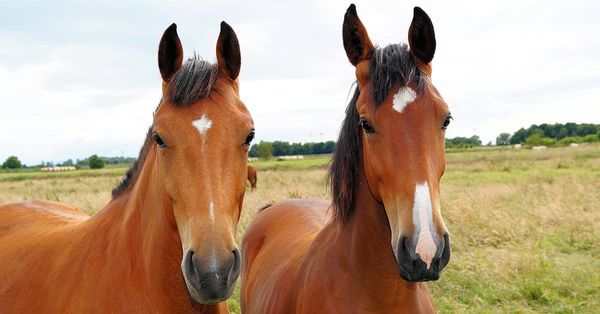
Weight Management
Weight loss is simply a result of more calories being used by the body than are being consumed. There are several potential causes of chronic weight loss in horses. These causes include poor quality or limited feed supply, health and disease problems, as well as social interaction and competition between
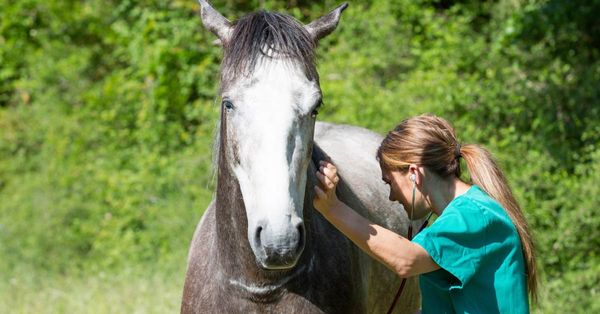
Equine
The liver is an organ that performs numerous functions, including metabolizing carbohydrates, proteins, and fats. It also breaks down and excretes many potentially toxic compounds. The liver has a large storage capacity and functional reserve and is capable of regenerating, which provides some protection against permanent damage. When liver cells